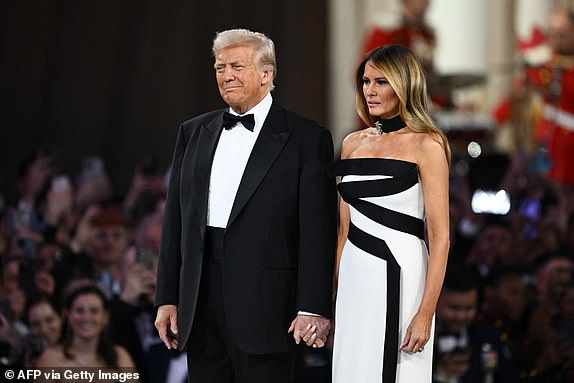Must Read
Prince Harry’s Courtroom Conundrum: The Title Snub That Sparked a Security Debate
In a surprising turn of events, Prince Harry found himself at the center of a courtroom drama that left royal observers reeling.
During a recent legal hearing regarding his ongoing battle for UK police protection, the presiding judge made a notable decision: he addressed Harry not as “Prince” but as “Mr.
Sussex.”
This unexpected snub has raised eyebrows and led many to ponder the implications of such a move in the context of Harry's quest for security.
To fully grasp the significance of this moment, we must rewind to early 2020 when Harry and Meghan Markle announced their departure from royal duties—a move that sent shockwaves through the monarchy.
Known as “Megxit,” this decision came with the loss of taxpayer-funded police protection, a reality that Harry has since contested.
He argues that despite living in North America, the UK remains his home, and he faces considerable security risks during visits.
His legal team maintains that private security in the U.S. cannot match the protection offered by UK law enforcement.
The recent High Court hearing in London marked a pivotal moment in Harry's legal saga.
As his lawyers referred to him as Prince Harry, Judge Mr. Justice Swift opted for a different approach, consistently calling him Mr. Sussex.
This choice has led to speculation about the judge's intentions.
Was it a deliberate slight, or was there a legal rationale behind it?
Several theories have emerged to explain the judge's decision.
One possibility is that it served as a reminder that Harry is no longer a working royal.
By addressing him as Mr. Sussex, the judge emphasized that Harry relinquished many royal privileges, including state-funded security, when he stepped back from his official duties.
Another theory suggests that the judge aimed to uphold the principle of legal equality, ensuring that all individuals, regardless of status, are treated fairly in court.
Lastly, some believe it was a protective measure to maintain the court's independence from royal influence.
Insiders close to Harry report that he was displeased with the judge's refusal to acknowledge his title, interpreting it as a lack of respect.
For him, the title of Prince has been a significant part of his identity, and its dismissal felt like an affront.
However, legal experts argue that the judge acted within his rights, adhering to courtroom protocol.
While this title issue may seem trivial, it adds another layer to Harry's already complex legal battle.
Legally speaking, the judge's ruling does not directly impact the core of Harry's case.
He still has avenues to pursue, as the judge's recent decision was more procedural than substantive.
The broader implications of this situation raise important questions about Harry's expectations.
Can he truly enjoy the benefits of royal status while opting out of royal responsibilities?
On one hand, he cites genuine security concerns as a high-profile figure.
Yet, the UK government counters that if he has distanced himself from royal duties, he should also relinquish the associated privileges.
Looking ahead, what are Harry's potential next steps?
His legal team might consider appealing the ruling or negotiating with the Home Office for some level of security support during official visits.
Additionally, Harry could leverage media attention to advocate for changes in security policy.
Regardless of the path he chooses, it's clear that this legal battle is far from over.
The symbolism behind the judge's address has sparked discussions about the ongoing tensions between Harry and the UK establishment.
While he seeks recognition and protection, the British system appears intent on delineating the boundaries of royal privilege.
This raises the question: will he ever regain the security he desires, or will this legal struggle further entrench the notion that he is no longer part of the royal family?
As we contemplate the future of Harry's legal battle, we must consider the emotional and political ramifications.
Does the UK still see him as one of their own?
Many citizens perceive him as an outsider, especially given his criticisms of the monarchy and British institutions.
This public sentiment complicates his quest for support and protection.
If Harry ultimately loses his fight for police protection, several scenarios could unfold.
He may reduce his visits to the UK, launch a public appeal for safety, or even resort to hiring private security—albeit without the same level of access to UK intelligence.
Such outcomes would undoubtedly feel like defeats for Harry, who has long grappled with his identity in the wake of his royal departure.
At its essence, this case transcends mere security concerns; it reflects Harry's ongoing struggle to find his place in a world that seems increasingly divided.
The refusal to acknowledge his title in court serves as a poignant reminder of the shifting dynamics between him and the institution he once represented.
As this story continues to develop, one thing remains certain: the complexities of Harry's relationship with the British monarchy are far from resolved.








































